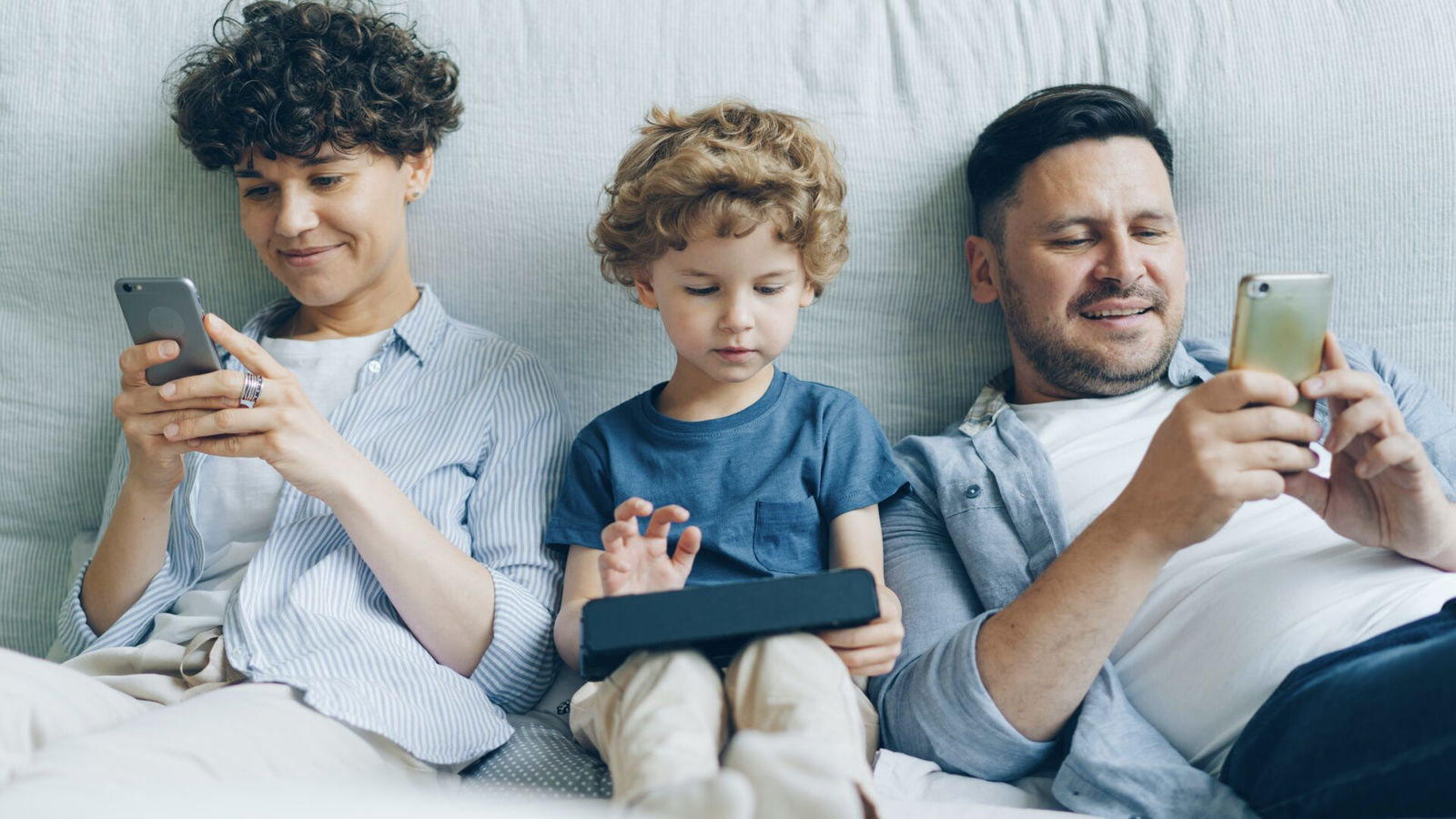
By Michaela Gordoni
Many families these days text each other as much or more than they talk in person, but is it a bad thing?
One of the challenges of texting is tone. It can be hard to know how someone says something through a text. Is that “K” angry or normal? Does the lack of emoji mean you’re not excited, you’re just busy or you just don’t use emojis?
When disagreements occur over text, it can prolong arguments, as there is less clarity, body language and other feedback, Bark reports.
Teens often feel it’s easier to communicate over text, especially if the topic is difficult. It allows for time to think about what you want to say and plan your responses.
Related: Parents Should Stop Texting Their Children at School, Experts Say
“I find that kids communicate more with their parents as a direct result of texting. Even the surliest of teens is likely to share more of her life with her parents than she would otherwise, way more,” says psychologist Dr. John Duffy.
@gooniedad GUILTY 🤦♂️ #Teenagers #Relatable #Texting
Emojis and voice messages are aspects of texting that allow for more personalization. Emojis add levity and help maintain the tone of texts, and you can usually tell a lot more about tone by listening to someone’s voice vs. reading their text.
Bark encourages parents to think about the way they communicate. Texts may be good for checking in, but anything that could lead to a larger or longer topic may be better face-to-face.
It’s also good to talk to kids about tone and digital cues and ask them to seek clarification before they jump to a conclusion about a message’s meaning and lead by example.
Setting digital boundaries helps preserve time for face-to-face conversations and teaches kids the importance of being present and aware.
One adjunct professor and psychotherapist, Connie Powers, points out that it’s important to recognize the generational differences in texters for better communication.
“Consider what elements of texting are likely to be important to the receiver, and be open to using these, even if you don’t understand their importance,” she says.
“Mirror the person you are texting: take cues from the tone of their texts and respond similarly,” and remember, “older generations tend to use texting for functional purposes rather than for conversation, and having meaningful text conversations may feel uncomfortable or even stressful to them,” she said.
While texting can be beneficial in some ways, it may be important to ask yourself whether it’s the best way to communicate something before you shoot one off. And always be mindful of who you’re texting and to engage in it thoughtfully when you do.
Read Next: Erin Napier Says Young People are ‘Struggling to Communicate’ Due to Social Media Use
Questions or comments? Please write to us here.


 - Content:
- Content: 

